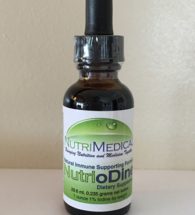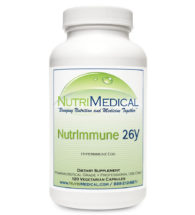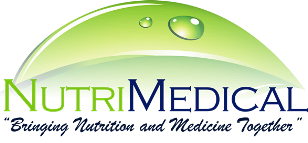LivingProbiotic ULTRA
1 × $73.95
Subtotal: $103.90
Only logged in customers who have purchased this product may leave a review.


© 2022 Nutrimedical.com

Select at least 2 products
to compare
Reviews
There are no reviews yet.